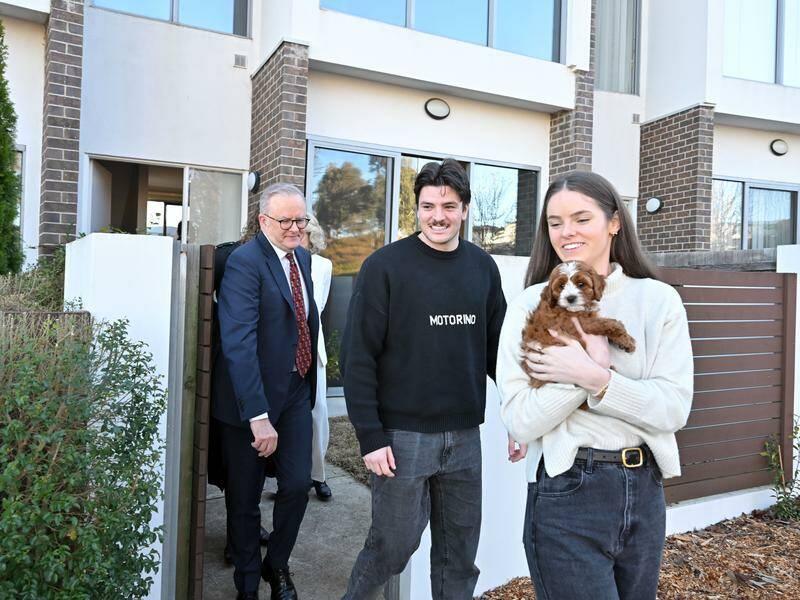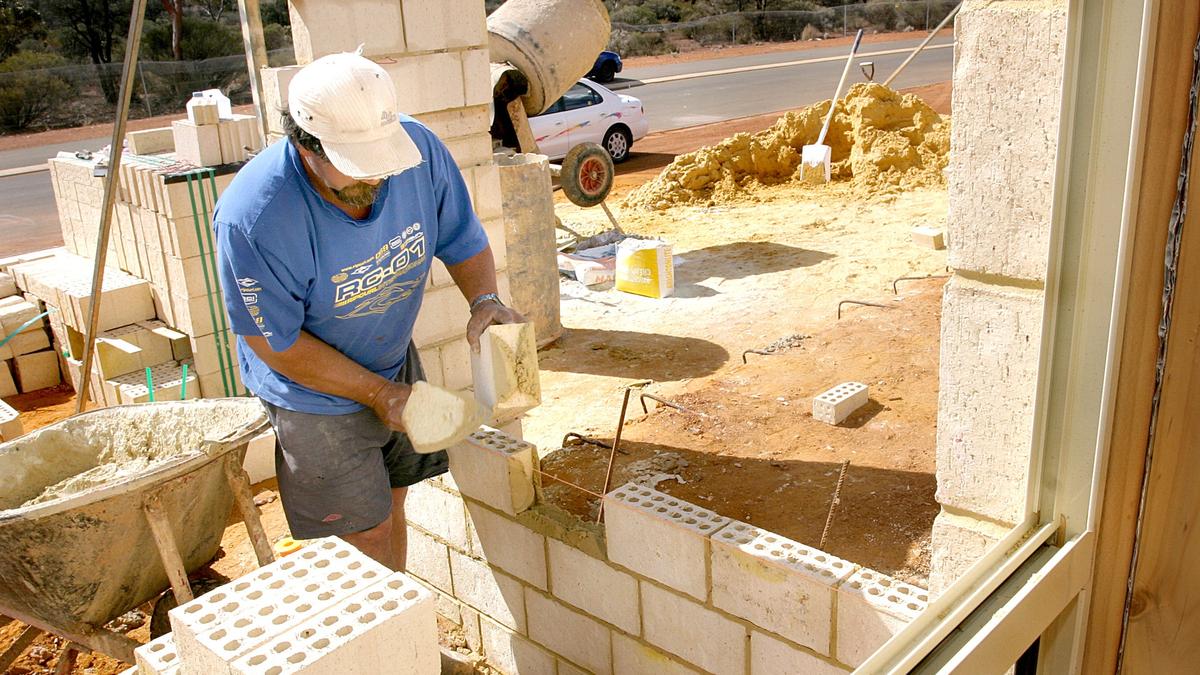
BREAKING: The Australian government has announced a significant acceleration of its housing deposit scheme, set to begin this October 2023, three months earlier than expected. This urgent move aims to help first-time home buyers secure a property deposit as low as 5%, but experts warn that it could ignite a housing bubble and jeopardize financial stability.
In a press conference today, Prime Minister Anthony Albanese emphasized the government’s commitment to improving housing affordability. “We’re absolutely determined to do everything we can to fast-track home ownership,” he stated in Canberra. The scheme will now allow aspiring homeowners to bypass costly lenders mortgage insurance by having the government act as a guarantor for the remaining 15% of their deposit.
The expanded initiative will apply to all first home buyers, eliminating previous annual caps on participation. For example, to purchase a property at the national median price of $844,000, buyers will only need a deposit of $42,200. In Sydney, a deposit of $75,000 will suffice for properties valued at the maximum $1.5 million.
Despite the potential benefits, analysts from the Property Council of Australia caution that increased participation must be matched with housing supply. Housing Minister Clare O’Neil noted the overwhelming interest in the scheme, reporting that the Housing Australia website briefly crashed due to high traffic following the announcement.
Treasury modeling suggests that the new scheme could enable an additional 20,000 home buyers to enter the market, bringing the total to 70,000 in its first year. However, the same modeling predicts a 0.5% faster rise in house prices over the next six years, raising alarms among economists.
Chief economist at the Centre for Independent Studies, Peter Tulip, expressed skepticism about the modeling’s accuracy, stating that it may underestimate the potential impact on housing prices. He warned, “Letting taxpayers underwrite low-deposit mortgages would encourage reckless borrowing.”
Independent economist Saul Eslake echoed these concerns, emphasizing that any measures allowing Australians to spend beyond their means will drive up housing costs and decrease ownership rates. Both experts agree that increasing the housing supply is crucial for true affordability.
In response to these challenges, the Albanese government has proposed measures to enhance housing supply, including a pause on upcoming changes to the national construction code to expedite home building. This follows a federal productivity roundtable that aims to fast-track environmental approvals for over 26,000 homes.
However, Dr. Tulip criticized the government’s focus, stating that meaningful change in housing affordability requires serious zoning reforms rather than “pretty trivial” measures.
Opposition housing spokesman Andrew Bragg also raised concerns, asserting that the deposit guarantee scheme poses a significant risk to taxpayers and could potentially eliminate the private lenders mortgage insurance industry.
As the rollout of this scheme approaches, all eyes will be on its impact on the housing market and the broader economy. Home buyers, policymakers, and economists alike are closely monitoring these developments, highlighting the urgent need for solutions that truly address housing affordability.
Stay tuned for further updates as this story continues to unfold.






